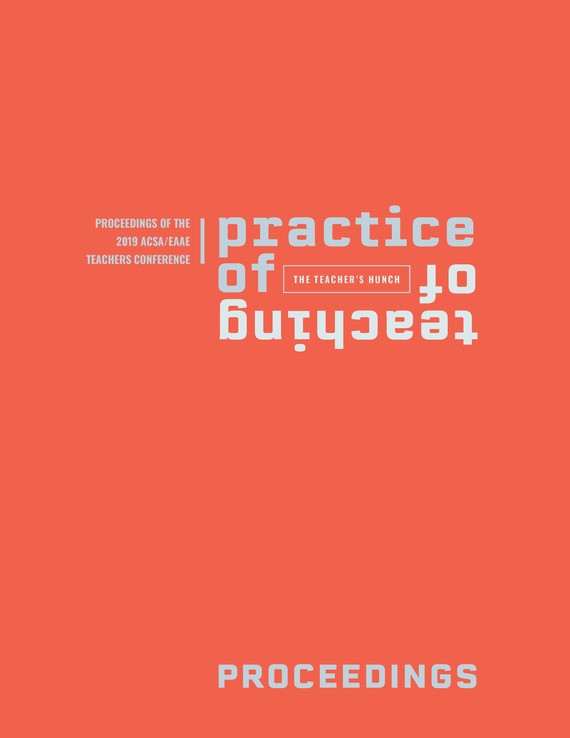Author(s): Oswald Jenewein
Architecture is a process that forms the physical background of every-day life. Both in academia and practice, a contemporary design studio must tackle ecological topics as architecture materializes itself within the rapidly changing natural environment. The premise for this paper are three timely challenges that the world is facing collectively in this stage of Post-Industrialization.First and foremost, the challenges arising from the Epoch of the Anthropocene. As the repercussions of climate change have started to materialize, the built environment needs to adapt to changing conditions, from sea-level-rise to extreme weather and cultural shifts, as climate migrants need to find new lands.Second, the challenges correlated with globalized economies and networks which have been a major force causing environmental threats and change. Capitalist democracies in the western world have developed complex logistical processes shipping commodities, goods, and thoughts around the world. These processes have shaped the (built) environment and life especially in urban areas. The relationship between the individual and the collective undergoes change as a consequence of how (political) regimes organize their economies and distribute wealth.Third, the challenges and opportunities digitalization offers to society. The dematerialization of (urban) landscapes through digital media enables the (re)distribution and access to information, education, and labor. Urban environments need to address these challenges as opportunities to create fairer and healthier places to live.These three challenges form the context of the studio modules presented here and link the contemporary discourse of architecture to a global cross-disciplinary discourse.
https://doi.org/10.35483/ACSA.Teach.2019.53
Volume Editors
Richard Blythe & Johan De Walsche
ISBN
978-1-944214-23-4

 Study Architecture
Study Architecture  ProPEL
ProPEL 
